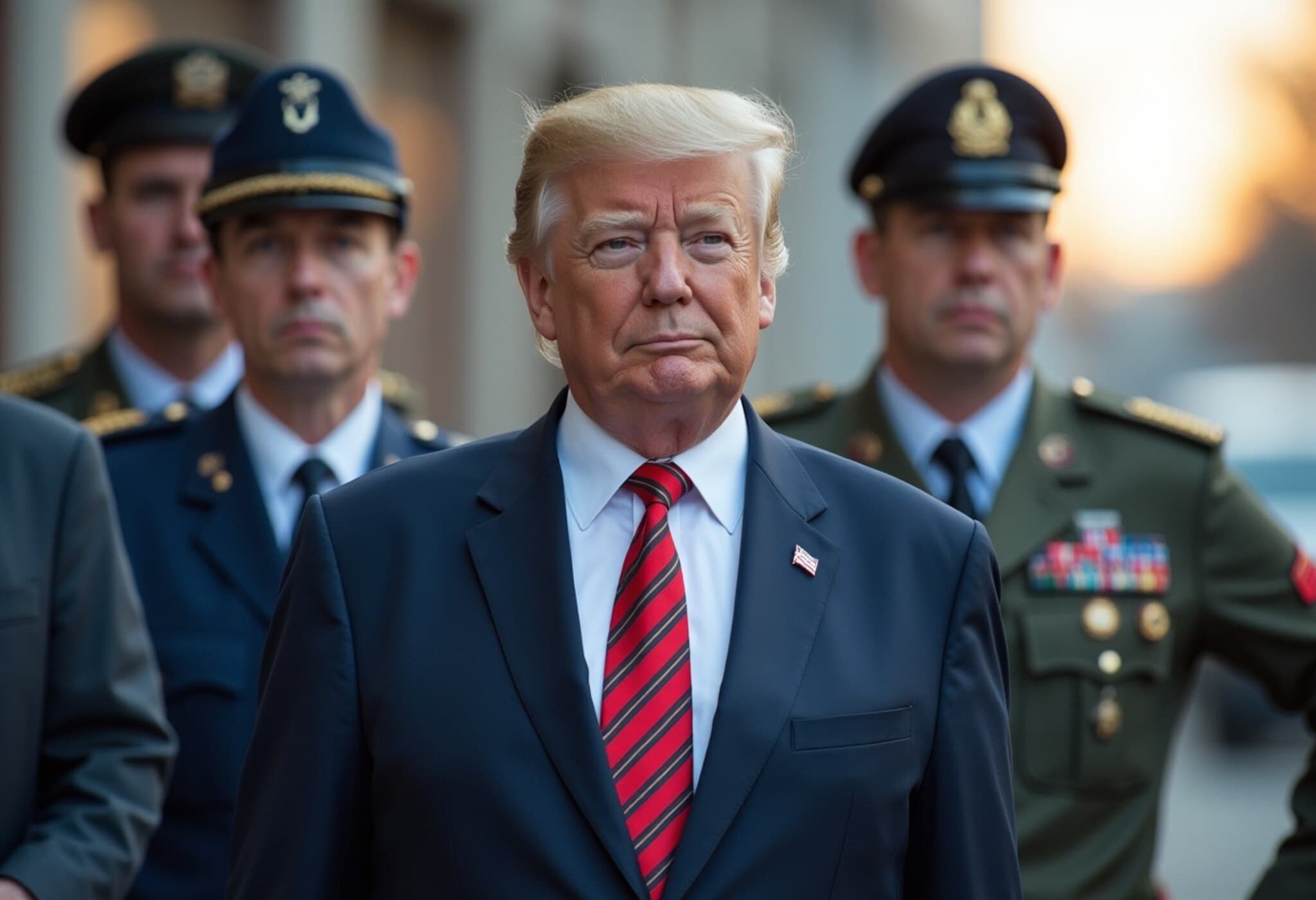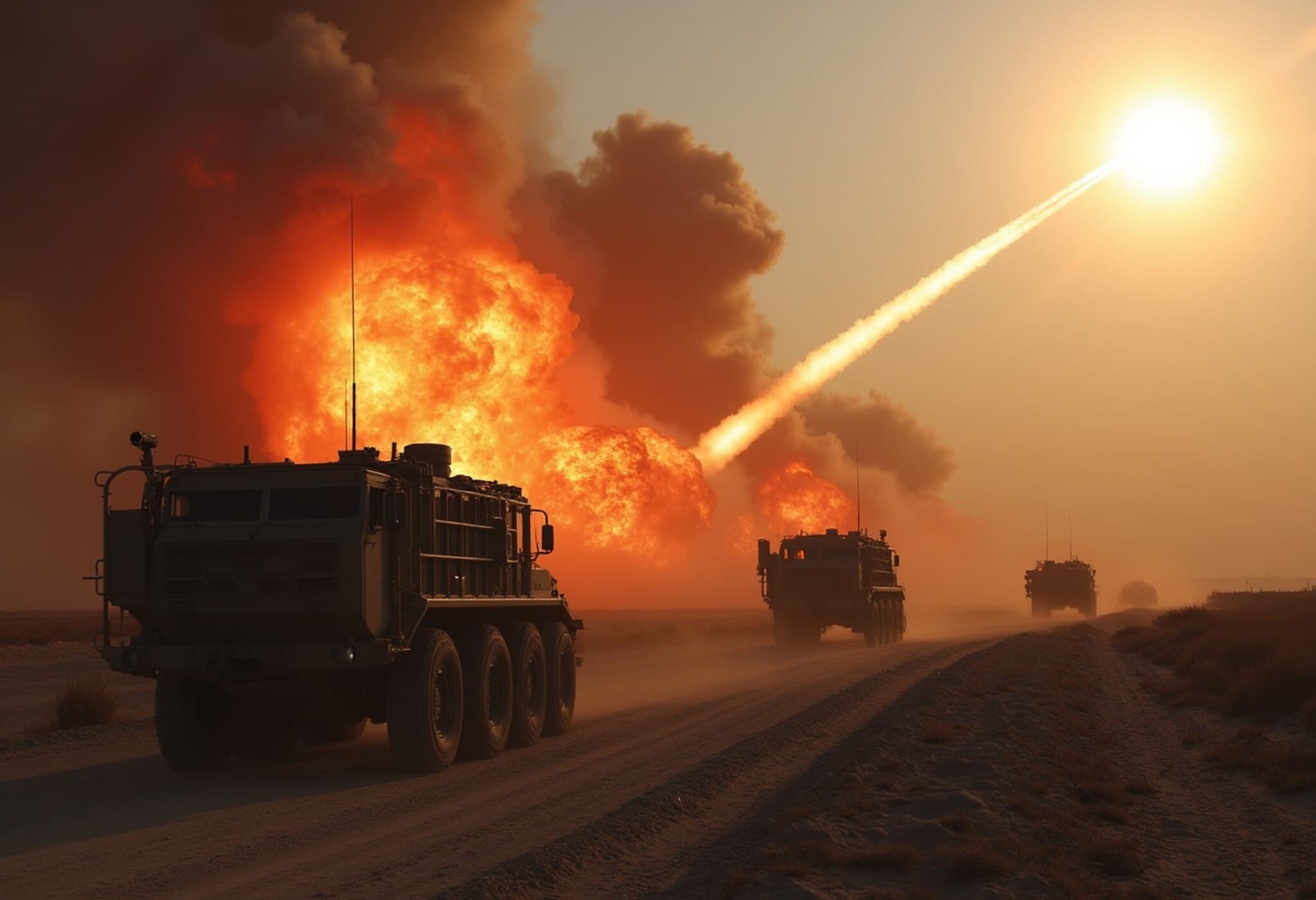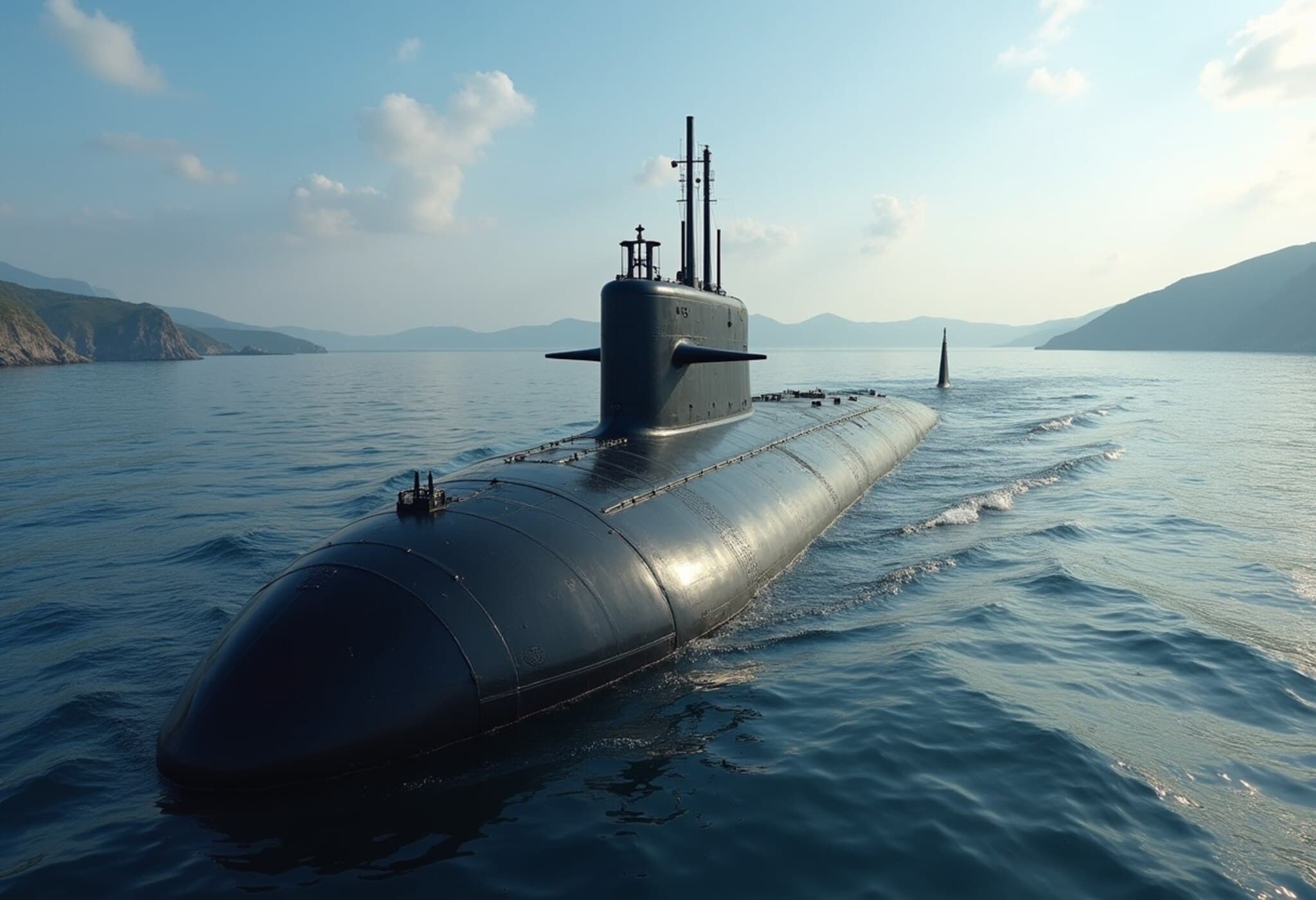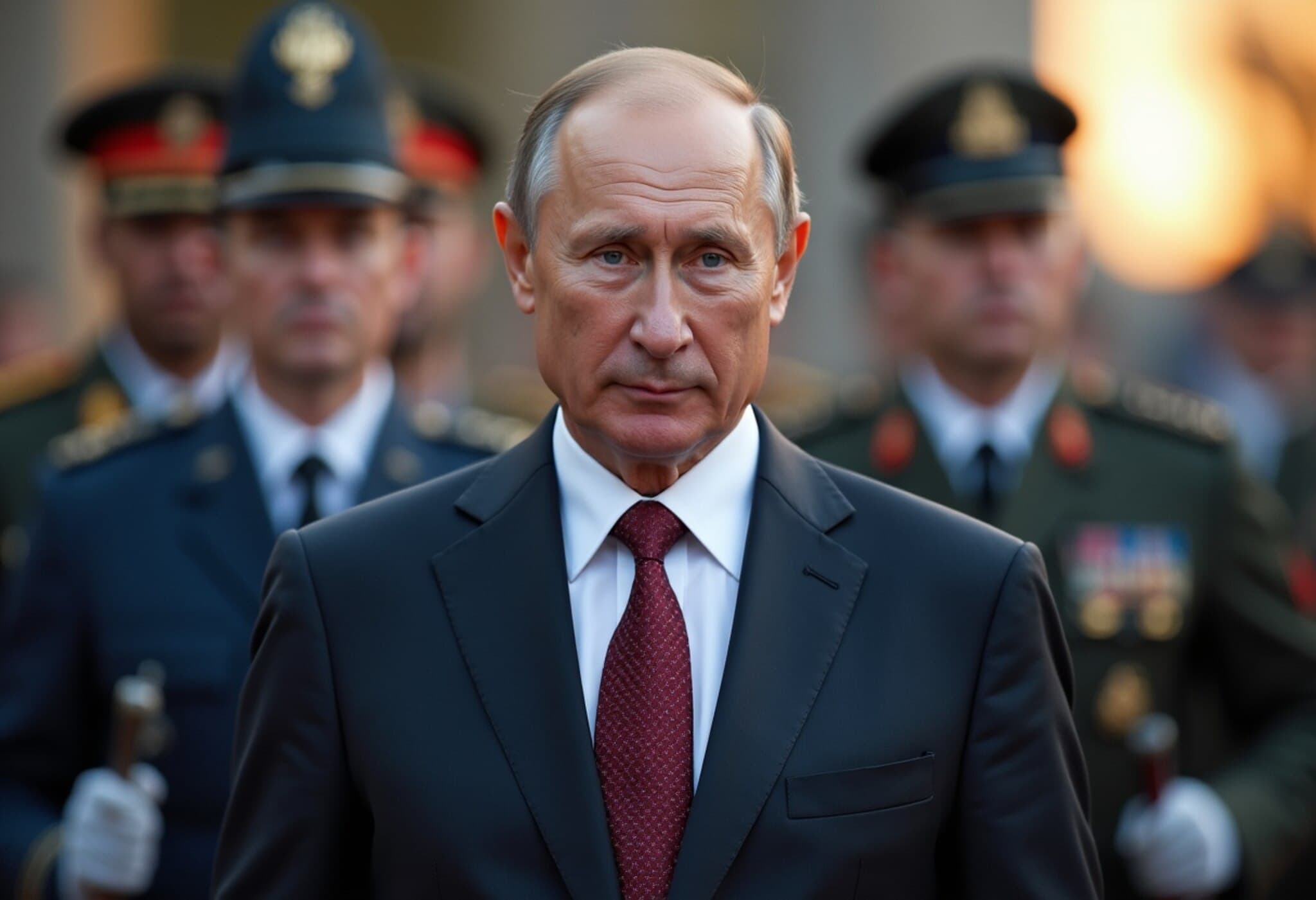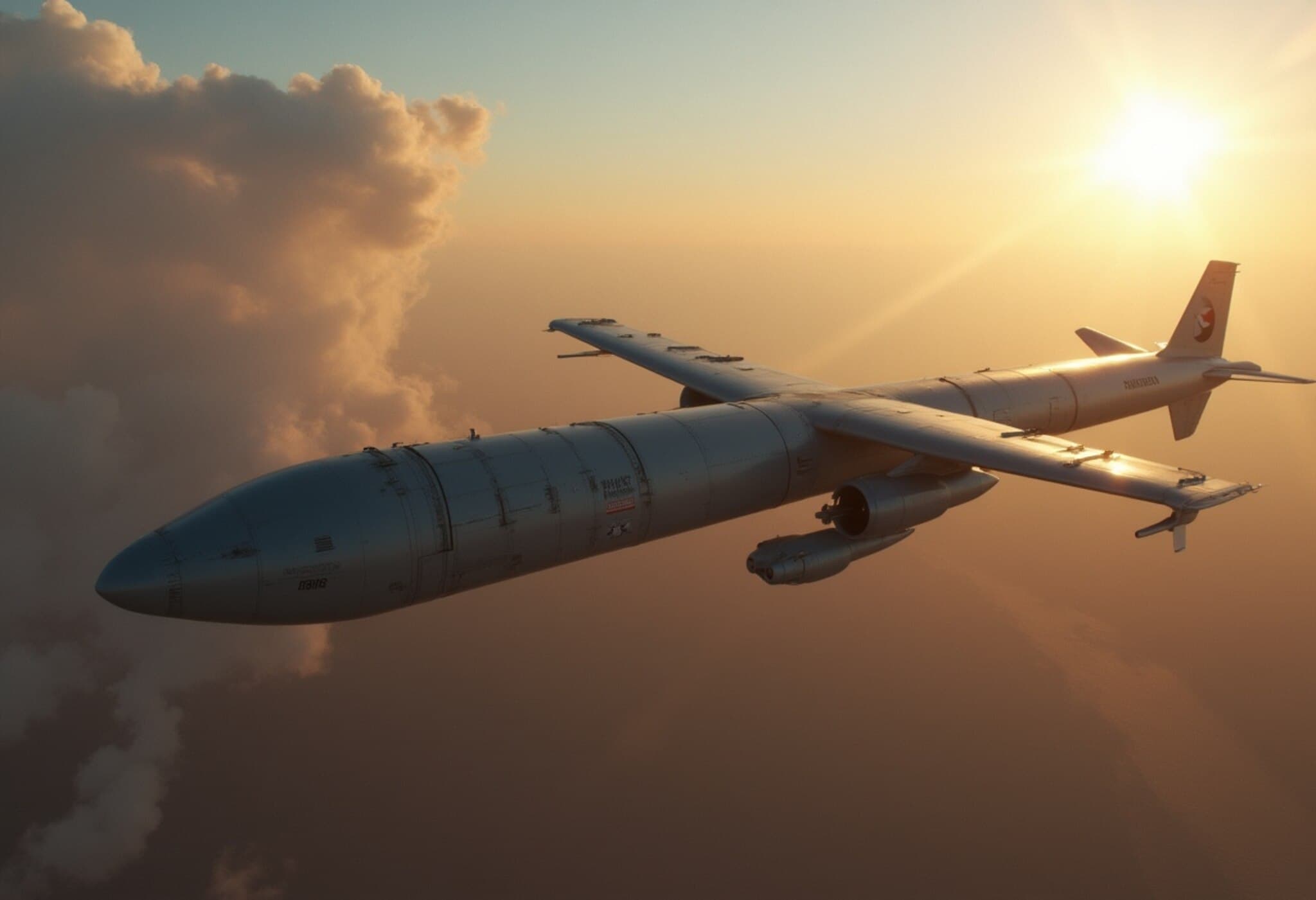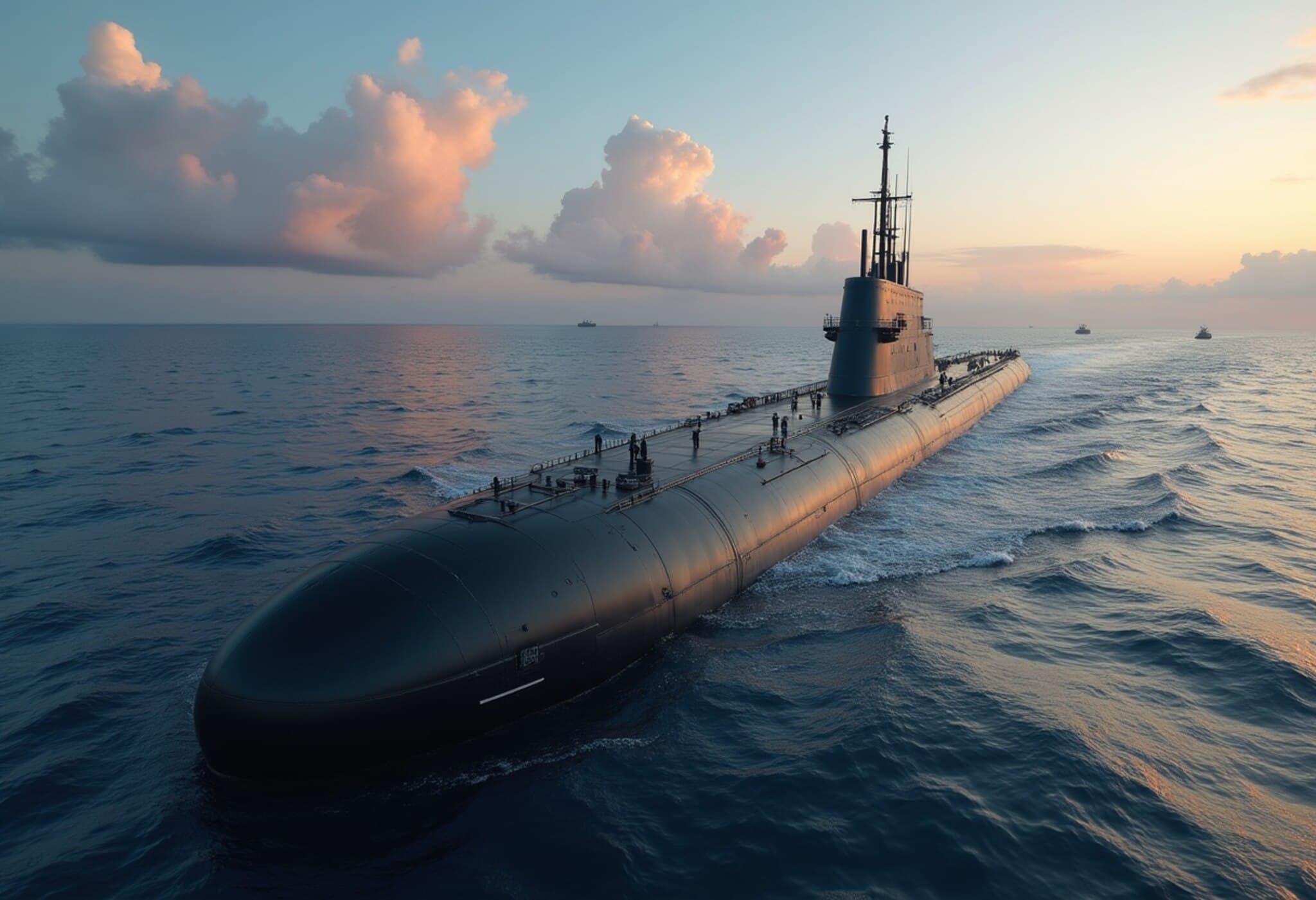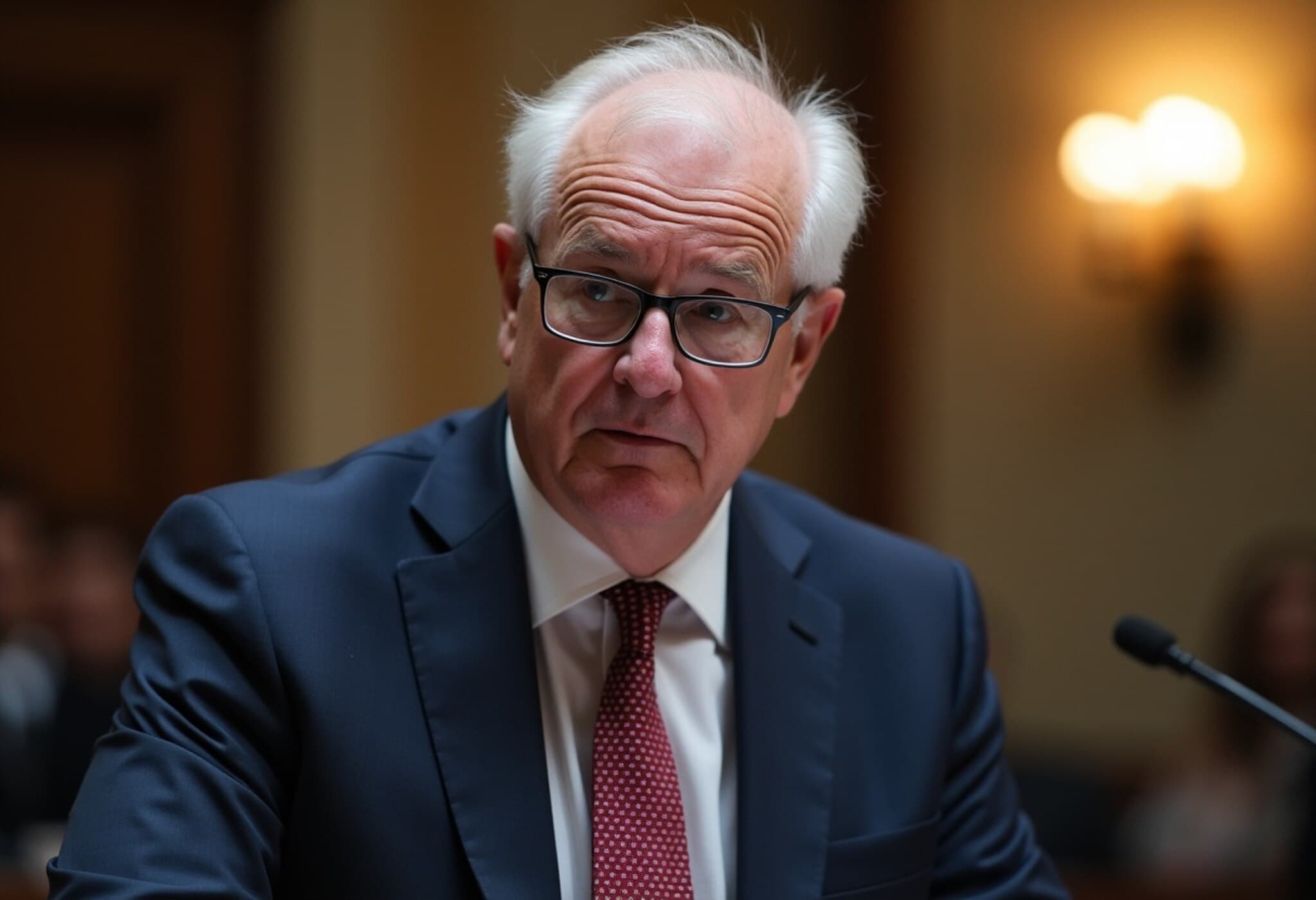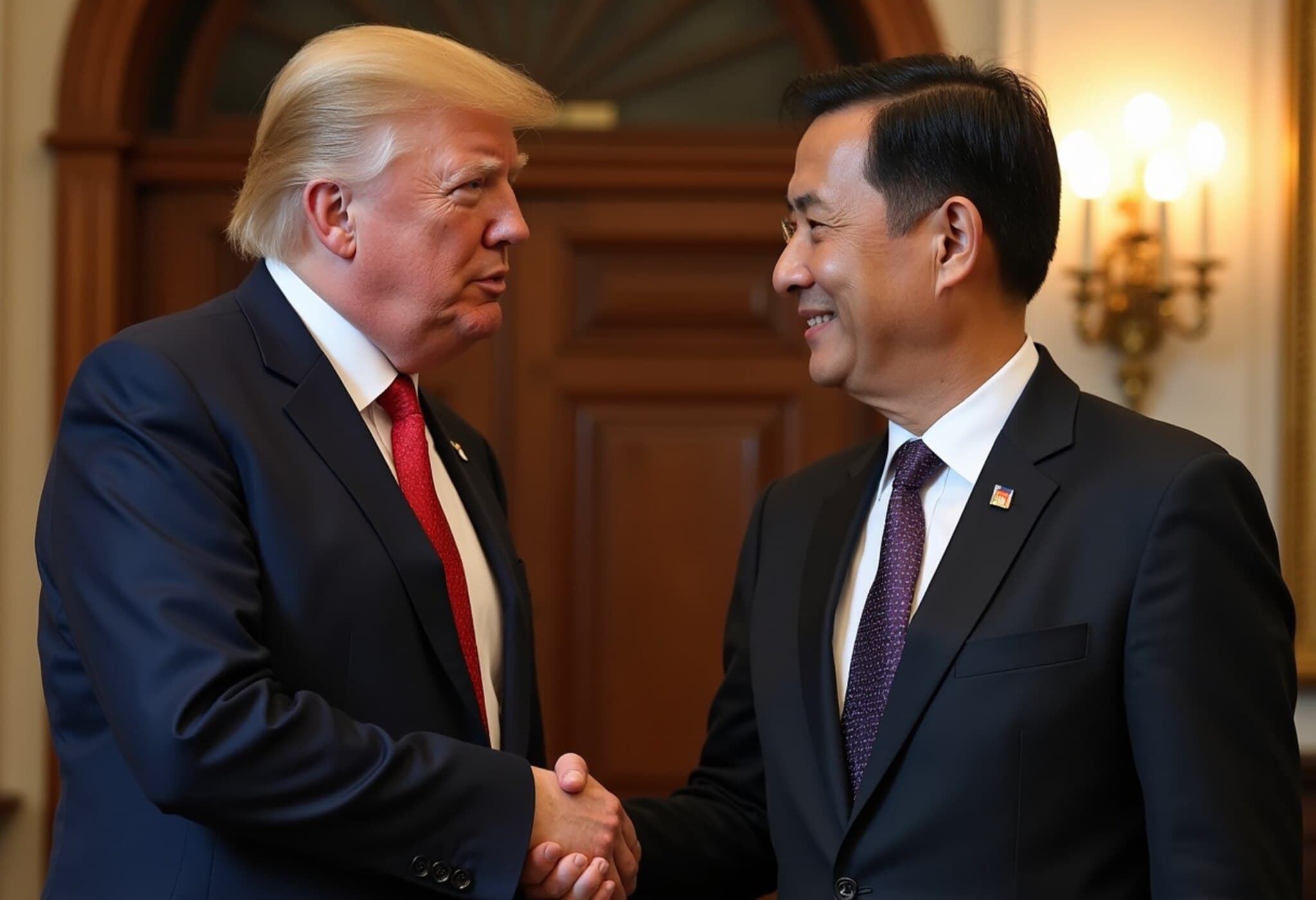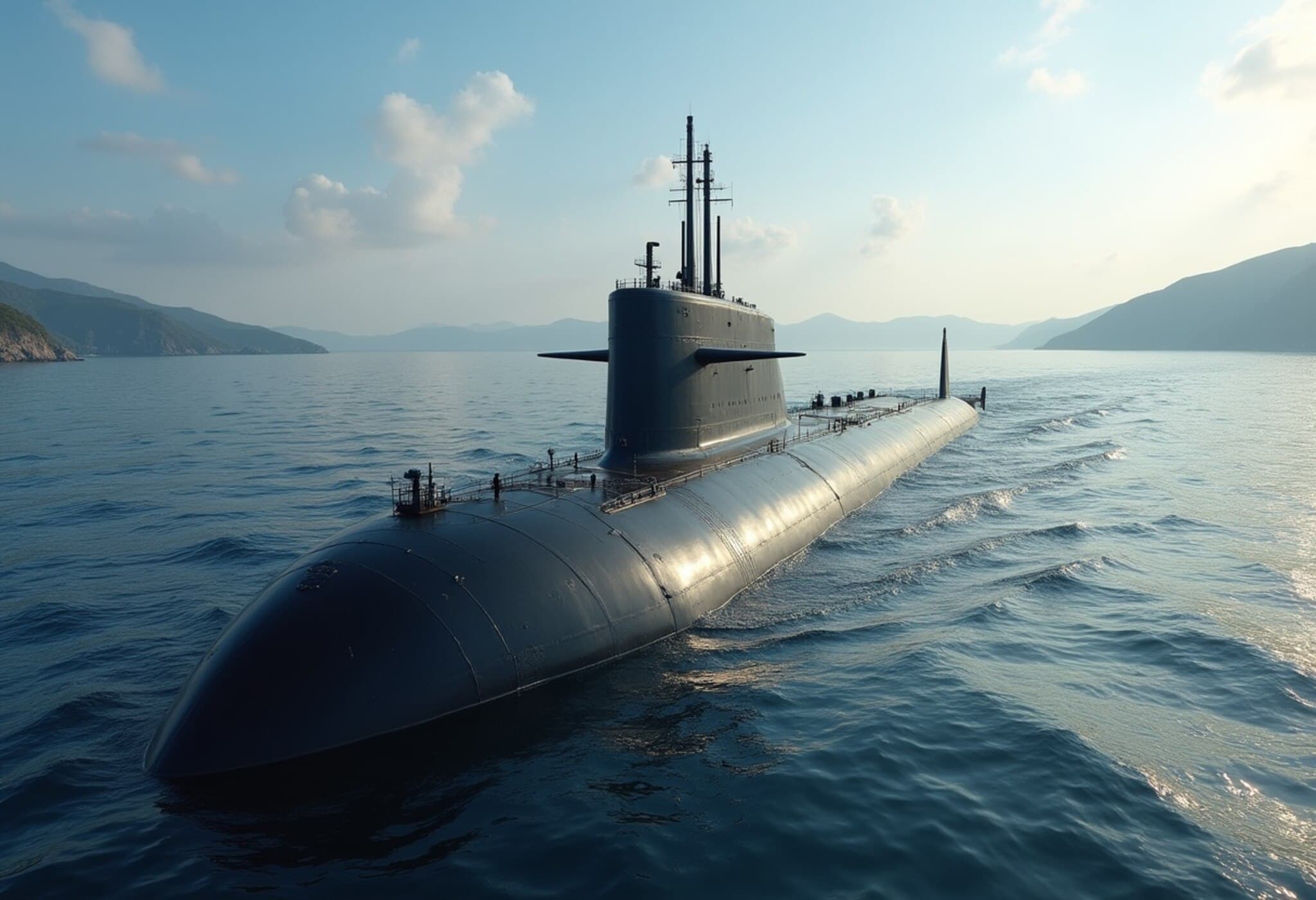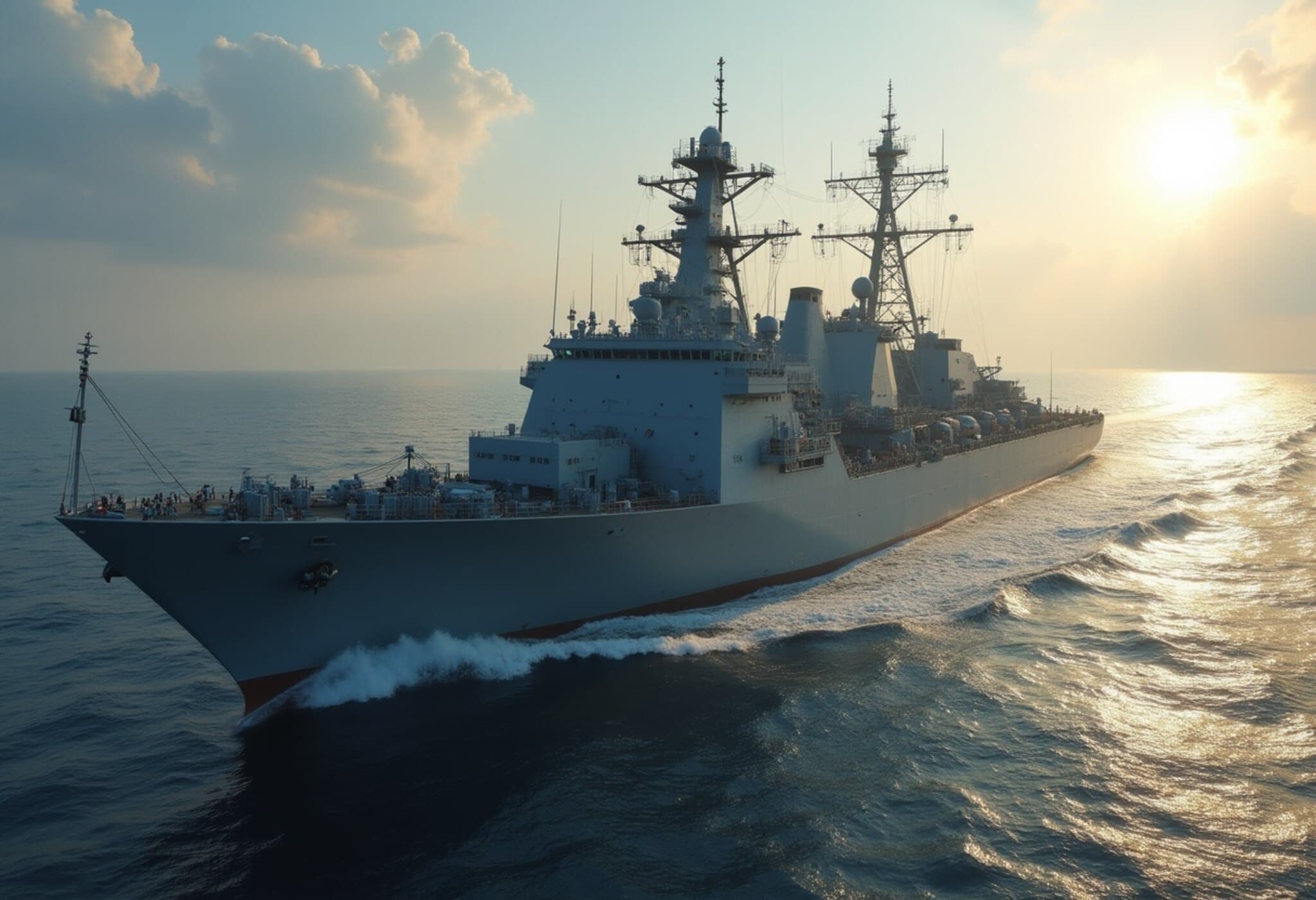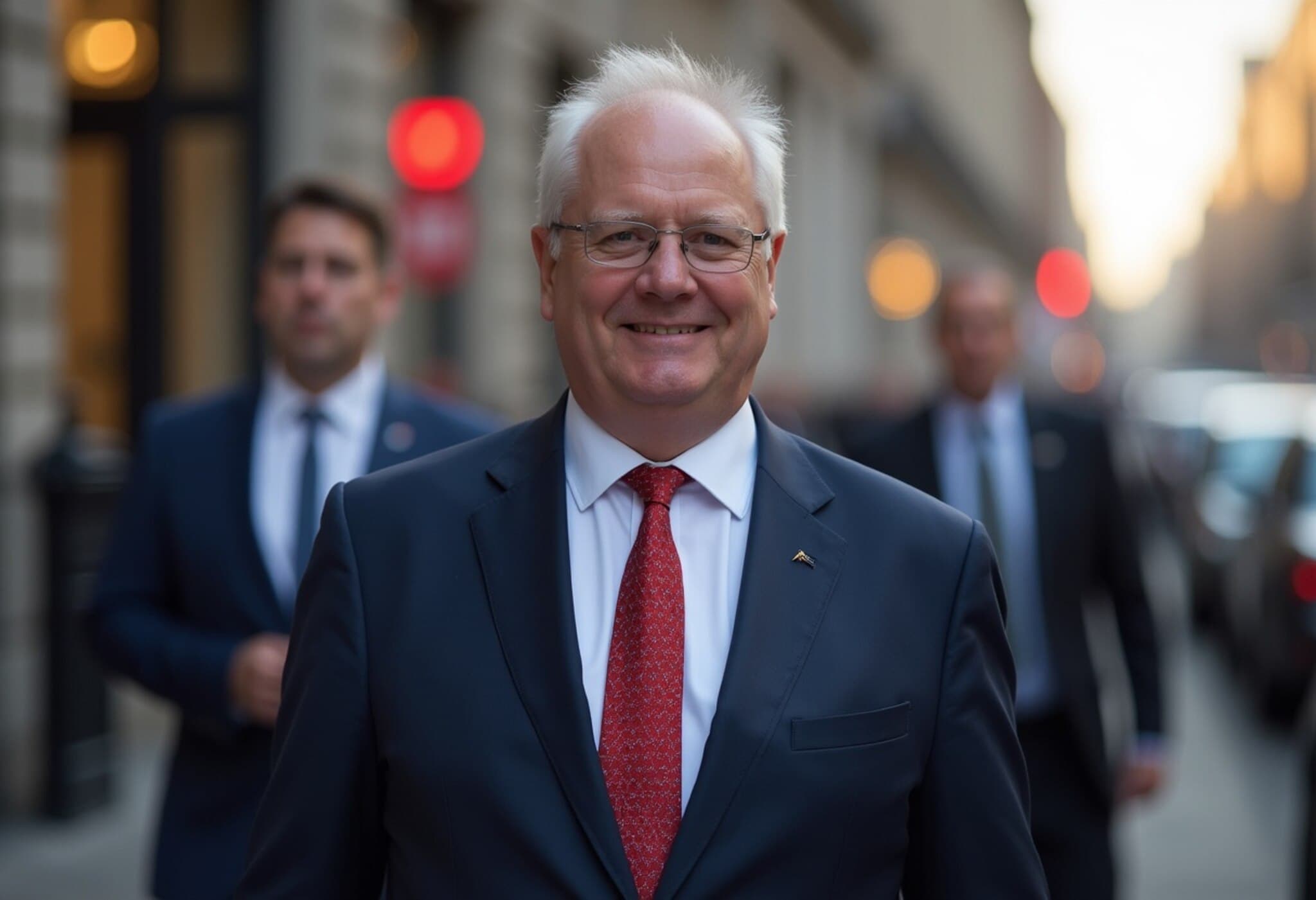US Submarine Strategy Faces Internal Skepticism Over Australian Partnership
In a surprising development within the US defense establishment, Jerry Hendrix, the newly appointed head of the Trump administration’s submarine shipbuilding initiative, has openly expressed concerns about Australia’s reliability and commitment to the AUKUS alliance. This trilateral security pact among the US, UK, and Australia is critical for countering China's expanding influence in the Indo-Pacific region.
Questioning Australia’s Political Stability on AUKUS
Retired Navy Captain Jerry Hendrix, who now holds a senior position in the Office of Management and Budget (OMB), has voiced skepticism about Australia's bipartisan support for AUKUS. In a 2024 interview with conservative commentator Hugh Hewitt, Hendrix noted, “The Australians have been noticeably fickle,” underlining uncertainties about whether successive Australian governments would sustain the defense partnership.
Considering Australia's population of roughly 30 million, Hendrix highlighted concerns about the country's relatively small economic base sustaining the intensive investment required for nuclear-powered submarine capabilities over the next decade.
Shipbuilding Capacity and Strategic Readiness Under the Microscope
Hendrix also critiqued the limited capacity of Australian shipyards for not only building but repairing nuclear submarines belonging to the US, UK, and Australia. His remarks extended to questioning Australia and regional allies' preparedness—specifically Australia and the Philippines—to support US forces logistically in potential conflicts, especially in the event of tensions escalating over Taiwan.
Such critiques come at a delicate moment. The US has been undertaking a comprehensive review of AUKUS, focusing sharply on four areas, including American shipbuilding capabilities to meet the heightened demands of this strategic pact.
Congressional Backing and Bipartisan Support
Contrasting Hendrix’s reservations, bipartisan members of the US Congress have reaffirmed strong support for AUKUS. In a letter addressed to Defense Secretary Pete Hegseth, Republican John Moolenaar and Democrat Raja Krishnamoorthi emphasized the pact’s importance in maintaining regional security against Beijing’s increasingly aggressive maneuvers in the Indo-Pacific.
The lawmakers stressed that collaborative undersea defense capabilities and alliance cohesion are crucial, especially after China's recent naval demonstrations near New Zealand’s waters. They argue that AUKUS fortifies long-standing partnerships and deters hostile power projection in the region.
Bridging Allies’ Expectations for a United Front
In dialogue with allies, Pentagon officials leading the review have called for creating clear and reciprocal expectations akin to US relationships with NATO and South Korea. This aims to ensure all partners contribute equitably to shared defense objectives, preventing undue reliance on any single nation.
Hendrix’s recent tweets advocating for transparent commitments from Australia and Japan regarding potential conflict scenarios underscore a shift towards demanding greater clarity and burden-sharing among allies.
Expert Commentary: Balancing Realism With Partnership
From a policy analyst’s perspective, Hendrix’s critiques spotlight a broader challenge in modern alliance management: the tension between strategic ambitions and partner nations' domestic political landscapes. While skepticism about Australia's long-term commitment reflects real political dynamics, such views must be balanced against existing bipartisan affirmations from both Canberra and Washington.
Moreover, the critique about technological and industrial capacities reveals an acute awareness of domestic constraints in a race against China’s naval modernization—a race where every delay and shortfall could have significant repercussions.
These internal debates over AUKUS reveal the intricate balancing act required to maintain robust alliances in a rapidly shifting geopolitical environment, highlighting underreported questions about how smaller allies’ capacities and political calculations influence global security.
Looking Ahead: What This Means for US-Australia Defense Relations
- Strengthening Bipartisan Consensus: Both US and Australian governments must work transparently to cement lasting bipartisan support for AUKUS beyond electoral cycles.
- Investing in Infrastructure: Expanded shipyard capabilities and maintenance infrastructure in Australia are imperative for sustaining the pact’s long-term viability.
- Clarifying Mutual Commitments: Realistic, mutually agreed-upon expectations will foster stronger cooperation and shared responsibility.
- Addressing Public Perceptions: Managing how such critiques affect public sentiment toward expensive defense partnerships within Australia could shape political will.
Editor’s Note
The evolving discourse within the US administration about Australia’s role in AUKUS encapsulates broader questions about alliance durability in the face of geopolitical challenges. Jerry Hendrix’s frank commentary serves as both a wake-up call and a strategic prompt, urging closer scrutiny of allied commitments and capabilities. For readers, this raises critical questions: How resilient are key security partnerships when domestic politics and industrial capacities come into play? Can Australia and the US forge a synchronized path forward that withstands political shifts and economic demands? The answers will significantly shape the Indo-Pacific security landscape in the years to come.

